
After implementing the arrangement of administrative units and building a two-tier local government model, cadres, civil servants and public employees will retain their current salary and position allowances for 6 months, before applying the new regulations. The implementation of the retention policy does not distinguish between cadres and civil servants at the central, provincial or communal levels.
Resolution No. 76/2025/UBTVQH15 stipulates that the current salary regime and policies and position allowances (if any) of cadres, civil servants and public employees affected by the administrative unit arrangement but still being cadres, civil servants and public employees at agencies and organizations in the political system shall be maintained for a period of 6 months from the date of the work arrangement document. After this period, the regime, policies and position allowances shall be implemented in accordance with the provisions of law.
Citizens, cadres, civil servants, employees, workers, and salaried people in the armed forces in the administrative unit after the rearrangement continue to enjoy special regimes and policies applied by region, area, or administrative unit as before the rearrangement until a new decision is made by the competent authority.
Maintain the scope, subjects and content of the regimes and policies according to central and local regulations applicable to administrative units as before the arrangement until there is another decision by the competent authority.
In case of change in the name of an administrative unit after the arrangement, the new name of the administrative unit shall be used to continue implementing specific regimes and policies.
An important legal basis cited by the Ministry of Home Affairs is the Law on Cadres and Civil Servants No. 80/2025/QH15, which was recently passed by the 15th National Assembly at its 9th session and officially took effect from July 1, 2025.
The new law has many important innovations, including clear regulations: The regime and policies for cadres and civil servants from the central to communal levels are implemented uniformly according to current legal provisions; there is no distinction between central cadres and civil servants, provincial cadres and civil servants, and communal cadres and civil servants.
The Ministry of Home Affairs requests the People's Committees of provinces and centrally-run cities to direct relevant agencies, especially the Department of Home Affairs and the Chairmen of the People's Committees of communes, wards and special zones under their management to organize and implement the salary and salary allowance regime (if any) for cadres, civil servants and public employees who are arranged after the reorganization. The implementation must ensure publicity, transparency and the right subjects.
The policy of preserving salary and position allowance regimes during the transition period is a solution to ensure legitimate rights for cadres, civil servants and public employees, while supporting localities to stabilize their organizational apparatus during the period of restructuring administrative units and implementing the two-level local government model.
The unified application of policies throughout the system also helps eliminate the gap between administrative levels, creating conditions for officials at all levels to be treated equally in terms of regimes and policies and have equal career development opportunities within the political system.
Source: https://baolaocai.vn/bao-luu-che-do-luong-phu-cap-trong-6-thang-sau-sap-xep-don-vi-hanh-chinh-post648320.html



![[Photo] Special art program "Da Nang - Connecting the future"](https://vphoto.vietnam.vn/thumb/1200x675/vietnam/resource/IMAGE/2025/9/2/efdd7e7142fd45fabc2b751d238f2f08)
![[Photo] Ho Chi Minh City residents show their affection to celebrate the 80th anniversary of the August Revolution and National Day September 2](https://vphoto.vietnam.vn/thumb/1200x675/vietnam/resource/IMAGE/2025/9/3/55d860cbb63a40808e1e74ad9289b132)

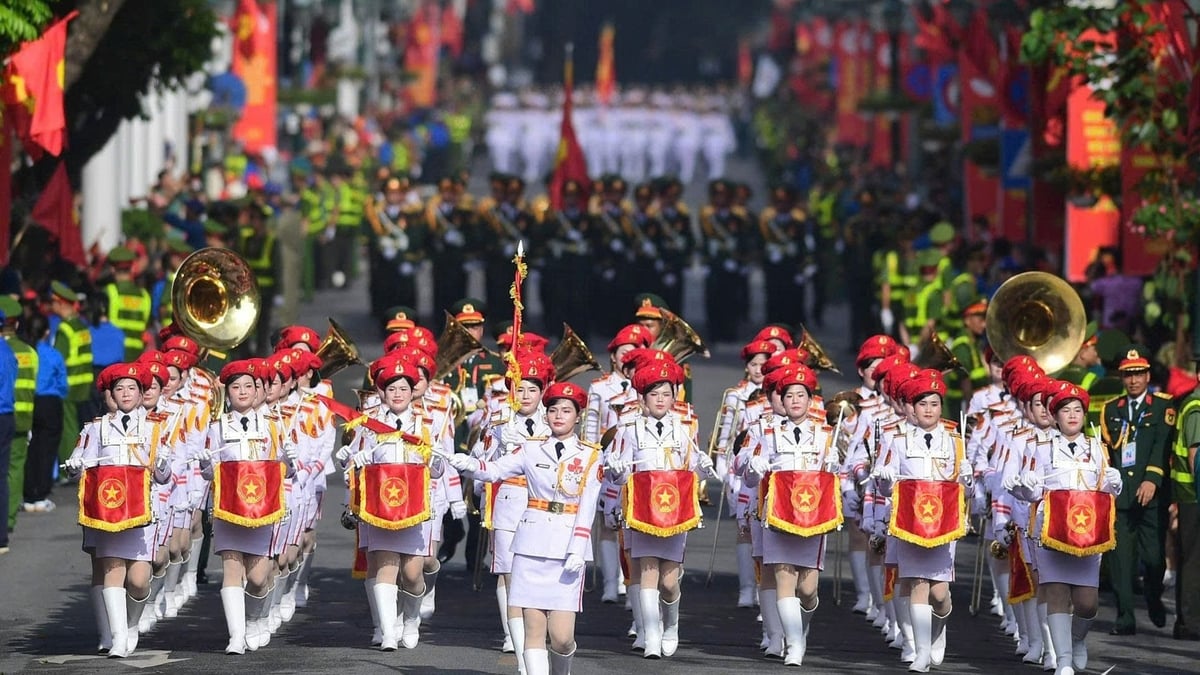


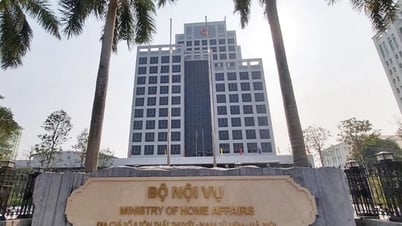






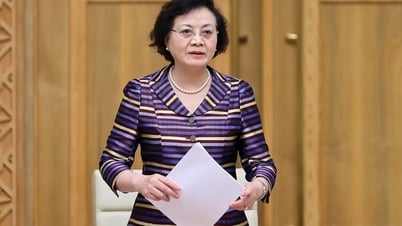



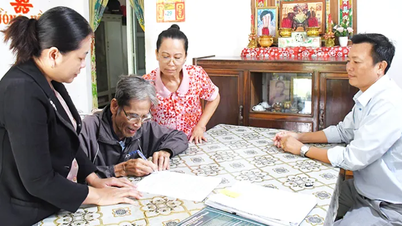


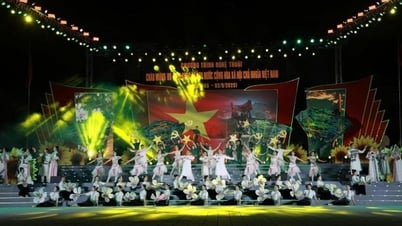






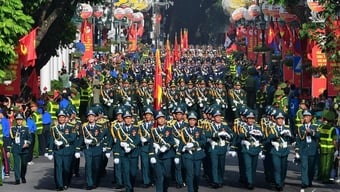



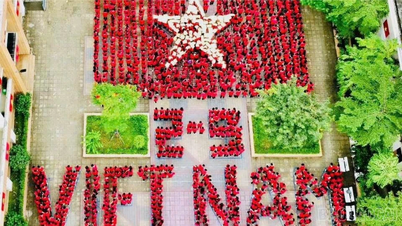


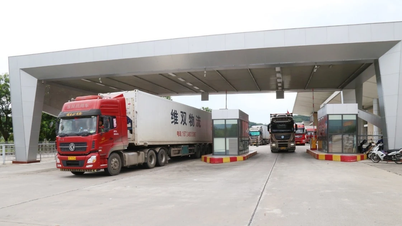









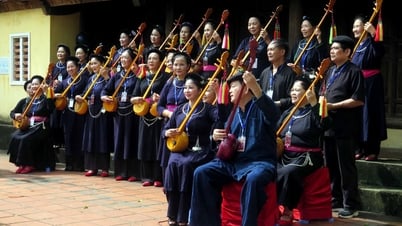

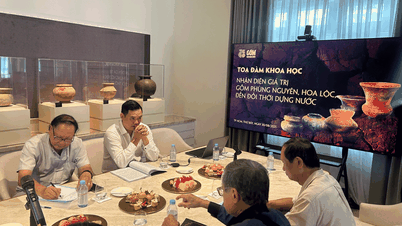



















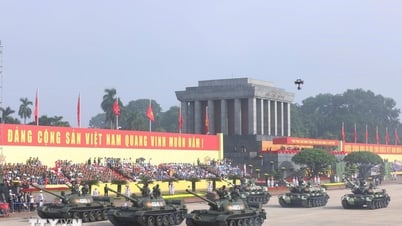


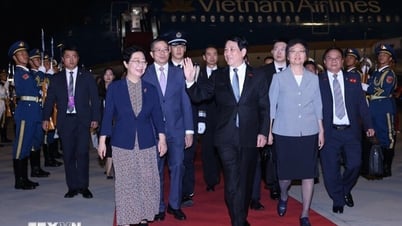



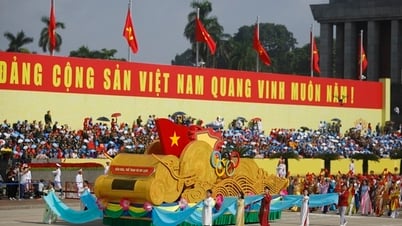

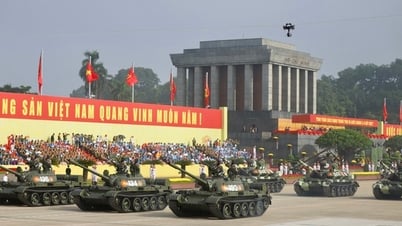
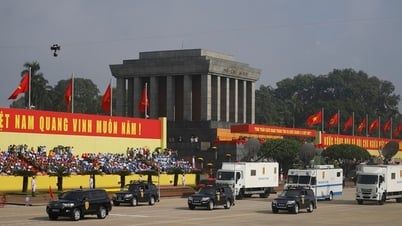




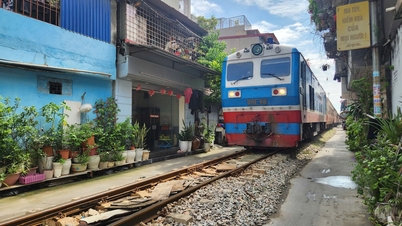











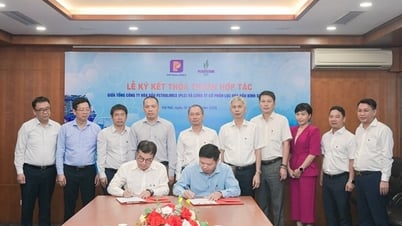






Comment (0)